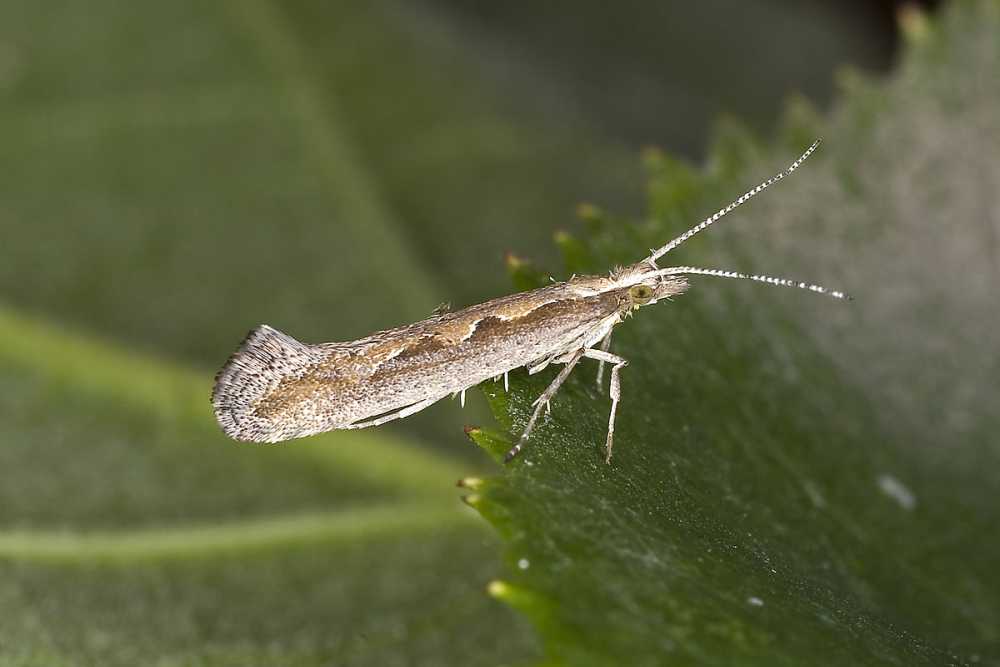
Further evidence of pyrethroid resistance in diamond-back moths (DBM) has been uncovered by a new study funded by AHDB Horticulture.
Three DBM samples, from Lincolnshire, Suffolk and Scotland, tested by researchers at Rothamsted Research in 2016 were resistant to this class of insecticides.
Pyrethroid insecticides are a special chemical class of active ingredients found in many of the modern insecticides.
Rothamsted’s Dr Steve Foster, who led the research, said: "Pyrethroids are normally the first choice of insecticides against moth pests but these tests indicate that resistance is present in the UK DBM population over a wide geographical spread."
Although a pest of a broad range of brassica, including oilseed rape, control of DBM is particularly important in horticultural crops, as the pest can damage the marketable part of the plant.
To give the industry an opportunity to discuss the implications of the findings on future pest management, AHDB Horticulture is planning a workshop in Peterborough on 24 January 2017.
About diamond-back moths
Diamond-back moth may infest crops throughout the UK and the larvae can cause damage to the foliage of cabbage, cauliflower, broccoli, Brussels sprout, kale, Chinese cabbage, swede, turnip, oilseed rape and radish.
Large infestations can cause damage to up to 100% of plants but yield losses will depend on the impact of damage on plant growth and quality. Good control is particularly important where the marketable part of the plant is damaged (cabbage, cauliflower, broccoli, Brussels sprout).
Plants with low levels of damage usually survive but this may affect uniformity within the crop.
Infestations are sporadic, so control may not be necessary in every crop in every year. Weather that favours migration from continental Europe increases the risk of infestation, as the diamond-back moth does not overwinter in the UK in large numbers at present. The moths are relatively poor flyers but may be transported long distances by the wind.
The diamond-back moth is an important pest worldwide, particularly in tropical regions. Over the years, populations in these areas have developed resistance to almost all of the insecticide groups to which they have been exposed repeatedly.
